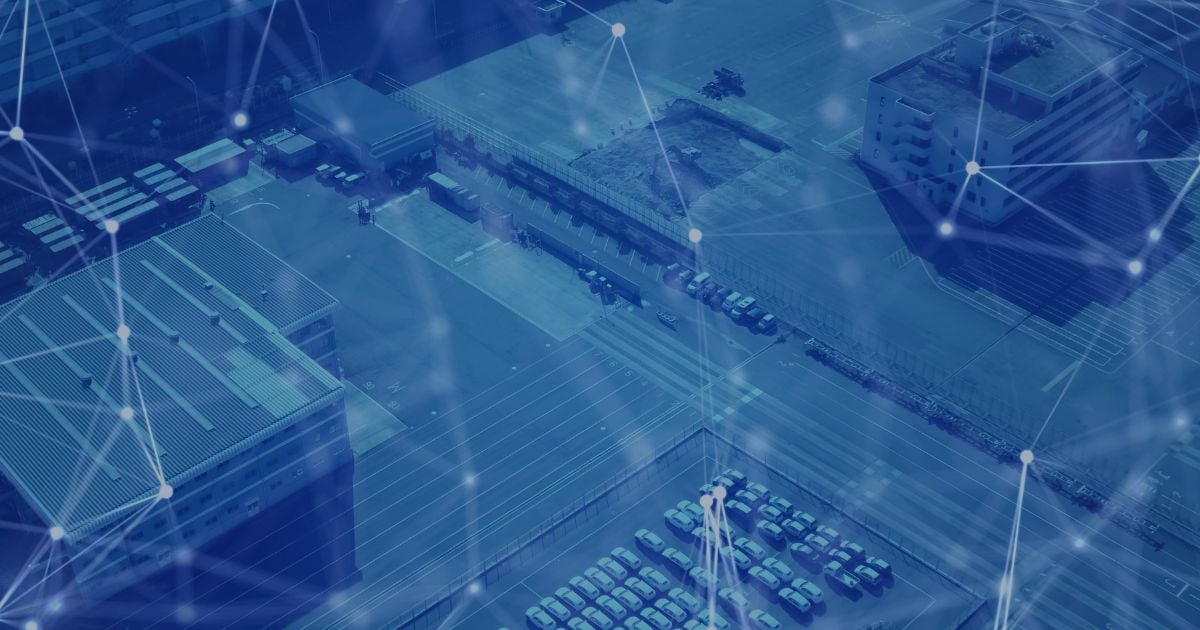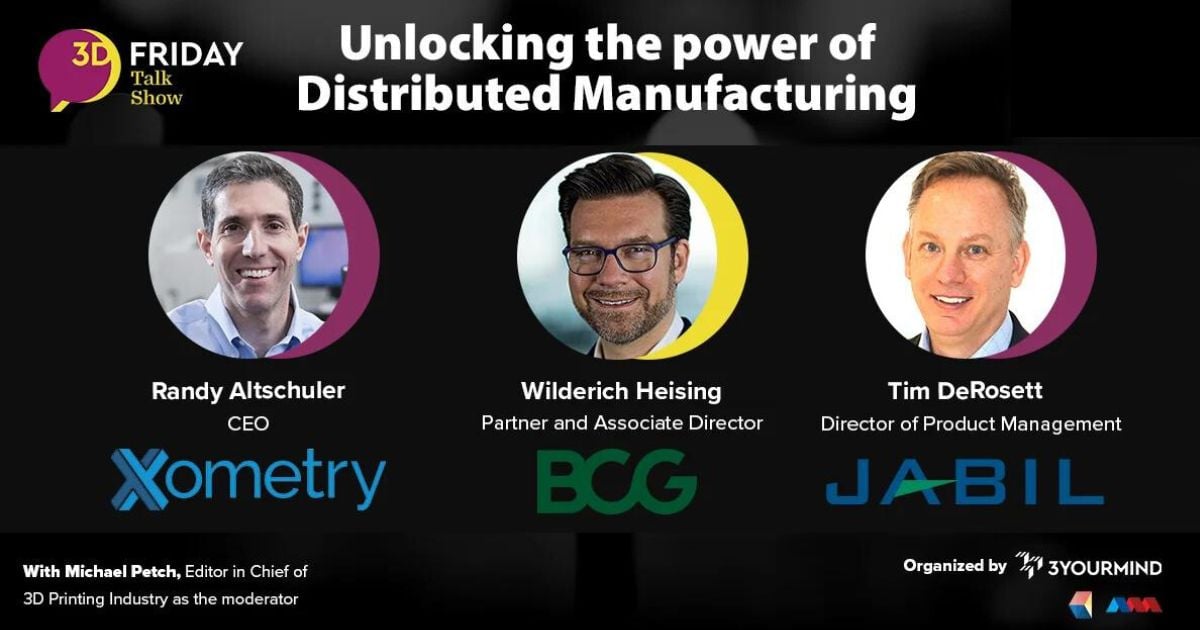What are the Benefits of Distributed Manufacturing?
In this article, learn why distributed manufacturing is changing how businesses think about their supply chains.
In today's rapidly evolving world, where disruptions are becoming the norm rather than the exception, businesses must continuously adapt and innovate to thrive. Despite its devastating effects on the global supply chain, the COVID-19 pandemic brought to light a unique opportunity for companies to steer toward a powerful paradigm shift: distributed manufacturing.
By harnessing the potential of this transformative approach, companies can unlock many benefits that will not only enhance their competitive advantage but also foster a more resilient and sustainable future. In this article, we will explore the compelling reasons why embracing distributed manufacturing is the key to unleashing innovation.

What is Distributed Manufacturing, and Why is it Important?
Distributed manufacturing is a production method that involves establishing interconnected production units across multiple locations, as opposed to relying on centralized manufacturing hubs. Distributed manufacturing is a counterpoint to several decades of expanding globalization, which helped increase product margins by relocating manufacturing to countries with cheaper labor, fewer regulations, and surplus resources. Although outsourced manufacturing lowered costs, it also created more fragile supply chains, which have become increasingly prone to disruption due to political conflicts, environmental disasters, and black swan events like the COVID-19 pandemic.
In the aftermath of the global pandemic, distributed manufacturing can help manufacturers stay on their toes to be better prepared for the next major supply chain disruption.
5 Benefits of Distributed Manufacturing
1. Distributed Manufacturing Improves Agility and Resilience
Distributed manufacturing empowers companies to establish a network of interconnected production units spread across different locations. This decentralized approach ensures a heightened level of agility and resilience as it mitigates the risks associated with single-point failures. By diversifying manufacturing capabilities, disruptions caused by natural disasters, supply chain bottlenecks, or geopolitical instability can be effectively minimized. This flexibility allows businesses to quickly adapt to changing market demands, reduce lead times, and maintain a consistent production flow even in challenging circumstances.

2. Distributed Manufacturing Enables Localized Production
Distributed manufacturing enables businesses to establish production facilities near their customers or target markets. By localizing production, companies can drastically reduce transportation costs, eliminate long lead times, and respond swiftly to changing consumer preferences. Furthermore, the proximity to customers facilitates a deeper understanding of their needs, allowing for greater customization and personalized products. This not only enhances customer satisfaction but also creates opportunities for niche markets and innovative business models.
3. Distributed Manufacturing Accelerates Innovation and Iteration
Traditional manufacturing often involves lengthy development cycles and significant upfront investments. Distributed manufacturing, on the other hand, offers a paradigm shift by embracing technologies such as 3D printing, rapid prototyping, and agile manufacturing techniques. These advancements enable companies to iterate and refine their products more rapidly, reducing time-to-market and fostering innovation. By leveraging digital design and collaborative platforms, distributed manufacturing allows for
seamless collaboration across geographically dispersed teams, fostering a culture of innovation and unlocking new creative possibilities.

4. Distributed Manufacturing Supports Sustainability Efforts
The current centralized manufacturing model contributes to significant environmental challenges, including excessive transportation, wasteful inventory management, and overproduction. In contrast, distributed manufacturing promotes sustainable practices by minimizing transportation distances, reducing waste, and optimizing resource utilization. By producing locally with
on-demand manufacturing, companies can minimize overproduction, lower carbon emissions, and decrease the overall environmental footprint. Embracing distributed manufacturing aligns with the growing consumer demand for eco-friendly and socially responsible business practices, helping to build a positive brand image and drive customer loyalty.
5. Distributed Manufacturing Empowers Local Economies and Employment
Distributed manufacturing has the potential to revitalize local economies by creating employment opportunities in various regions. By establishing production facilities closer to the markets they serve, companies can tap into local talent, fostering entrepreneurship and stimulating economic growth. This decentralized approach empowers communities and reduces dependency on centralized manufacturing hubs, ultimately contributing to a more equitable distribution of economic benefits.
Reinforce Future Supply Chains With Distributed Manufacturing
The world is evolving, and businesses must evolve with it. Embracing distributed manufacturing offers a transformative path to unlock innovation, agility, and resilience. By localizing production, accelerating innovation, promoting sustainability, and empowering local economies, your companies can thrive in an ever-changing landscape. As stewards of innovation, it is your vision and leadership that will drive this paradigm shift and shape a more resilient, sustainable, and prosperous future for your organizations. Together, let us embrace distributed manufacturing and revolutionize how we innovate and create value.
Watch: Unlock the Power of Distributed Manufacturing
In this episode of 3D Talk Show, here from experts from major consulting agencies and additive manufacturing equipment providers as they discuss how to take distributed manufacturing from theory to practical application.

